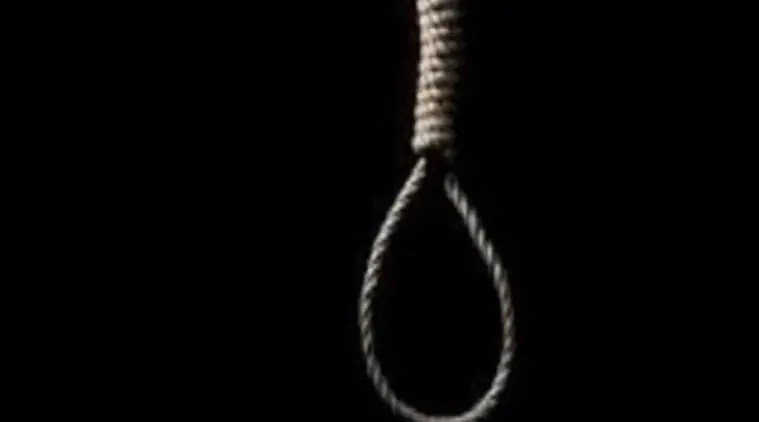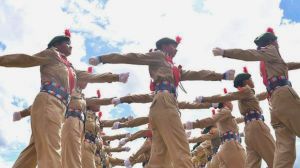Stay updated with the latest - Click here to follow us on Instagram
Maharashtra farmers’ widows low on social security: Survey
On Wednesday, over 100 widows from Wardha, Yavatmal, Nanded, Osmanabad, Beed and Latur marched to Azad Maidan to demand that state government double the widow pension, create ease of education for children, assist in agriculture and provide assistance in employment.
 Farmers’ widow ranked low on social security. (Representational)
Farmers’ widow ranked low on social security. (Representational)
A survey of 505 rural women in 11 Vidarbha and Marathwada districts, known to have maximum burden of suicides by farmers in Maharashtra, showed that they ranked low on social security, access to healthcare facilities and pension schemes.
On Wednesday, over 100 widows from Wardha, Yavatmal, Nanded, Osmanabad, Beed and Latur marched to Azad Maidan to demand that state government double the widow pension, create ease of education for children, assist in agriculture and provide assistance in employment.
The survey, conducted by Mahila Kisan Adhikaar Manch (MAKAAM), showed that of 505 women, 15 per cent (74) were women who knew about mental health scheme, Prerna Prakalp, initiated by the state government in 14 affected districts to counsel depressed farmers and families of those who committed suicide. Since 2015, mental health patients were diagnosed in 137 households, of which 83 women underwent treatment.
The study further showed that beneficiaries of widow pension also remained low at 34 per cent. “Awareness is also low. Thirty-three per cent women had not submitted the widow pension application,” said Seema Kulkarni from Makaam. Following the death of their husbands, of 505 women 29 per cent were unable to get land title in their name.
Manda Alone (38), whose husband committed suicide in 2013, continues to face a loan of Rs 80,000. “I did not get the pension of a lakh, the post-mortem report showed that there was alcohol content in my husband when he died,” says Alone. She has two children studying in classes 8 and 9 of a government school.
“My husband sold our land for surgery after he met with an accident. For one year he could not work. He took the decision to end his life in frustration,” Alone says. The Rs 1.5-lakh loan he took was on her shoulders. “Of that a lakh was waived off,” she adds.
Like her, Archana Yadav’s husband Sunil took a loan of Rs 50,000 to dig a well. In 2012, unable to repay the loan he committed suicide. The 24-year-old now manages the soybean farm alone, and looks after two children, aged six and eight. “I did not get the pension that widows are being given,” she says.
“No relative was willing to help. For a widow to restart life becomes difficult in rural areas.” Yadav now earns Rs 100 per day working on other fields.
The survey also found that of the 355 children surveyed, only 12 per cent were able to get concession in fee in schools. Of 505 women, only 52 per cent women had ration cards, forcing several to struggle to form identification cards to avail schemes.
According to activist Ravi Duggal, of the total revenue that the state government generates, one-third is contributed by the rural areas. “There is a huge disparity in per capita income, in rural areas it is Rs 56,000 per person and in urban areas it is Rs 4 lakh,” Duggal says.
NGO Makaam on Wednesday stated that between 1995 and 2015, 65,000 suicides have been recorded by National Crime Records Bureau. The NGO has demanded that the state government provide free education to children of farmers who committed suicide, double the widow pension amount from Rs 1 lakh, provide free healthcare facilities to people in the 14 affected districts, and organise a special campaign for Warsa registration to transfer land titles.







